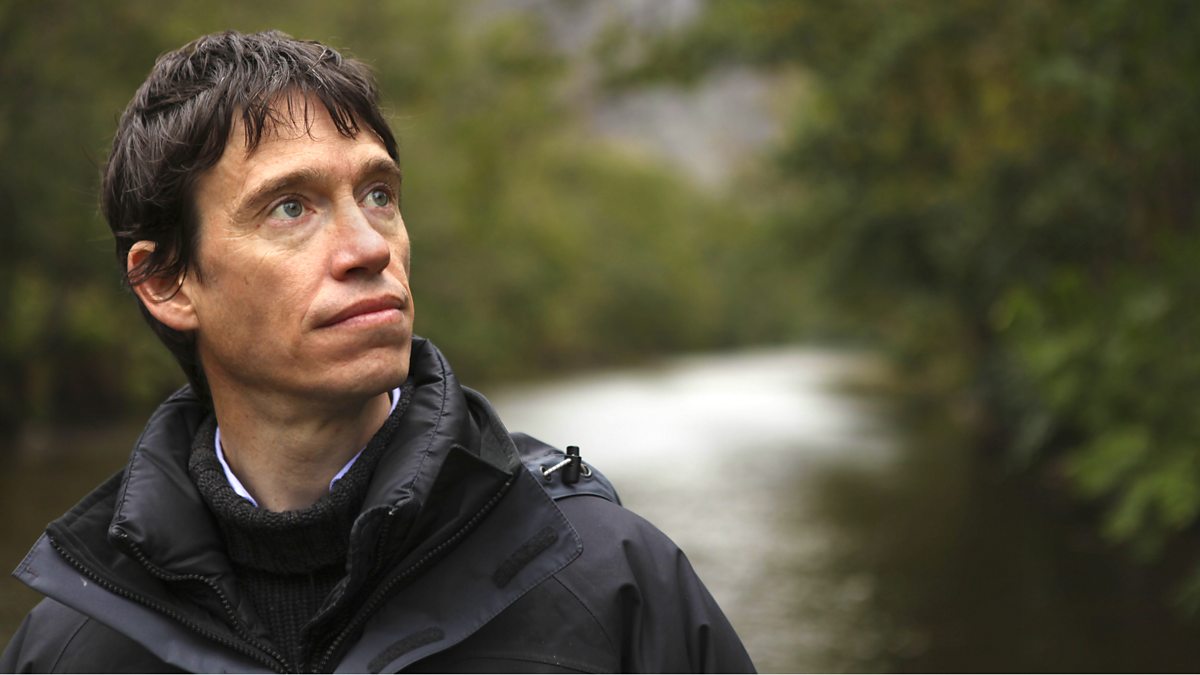BBC4 TV
A repeat but so, so, good:
For historian and MP Rory Stewart, the building of Hadrian's Wall was the single most important event in Britain's history. Meeting experts and local people, and drawing on memories from his life in Iraq and Afghanistan, he explores the impact of Rome's occupation and departure, and tells the story of how the powerful new Kingdom of Northumbria was born in Britain's lost Middleland.
(Humanity and astonishing experience - I still think that if we are to have a Conservative PM beyond the current one, etc etc - but he's probably way too sound to be considered).
A repeat but so, so, good:
For historian and MP Rory Stewart, the building of Hadrian's Wall was the single most important event in Britain's history. Meeting experts and local people, and drawing on memories from his life in Iraq and Afghanistan, he explores the impact of Rome's occupation and departure, and tells the story of how the powerful new Kingdom of Northumbria was born in Britain's lost Middleland.
(Humanity and astonishing experience - I still think that if we are to have a Conservative PM beyond the current one, etc etc - but he's probably way too sound to be considered).





Comment